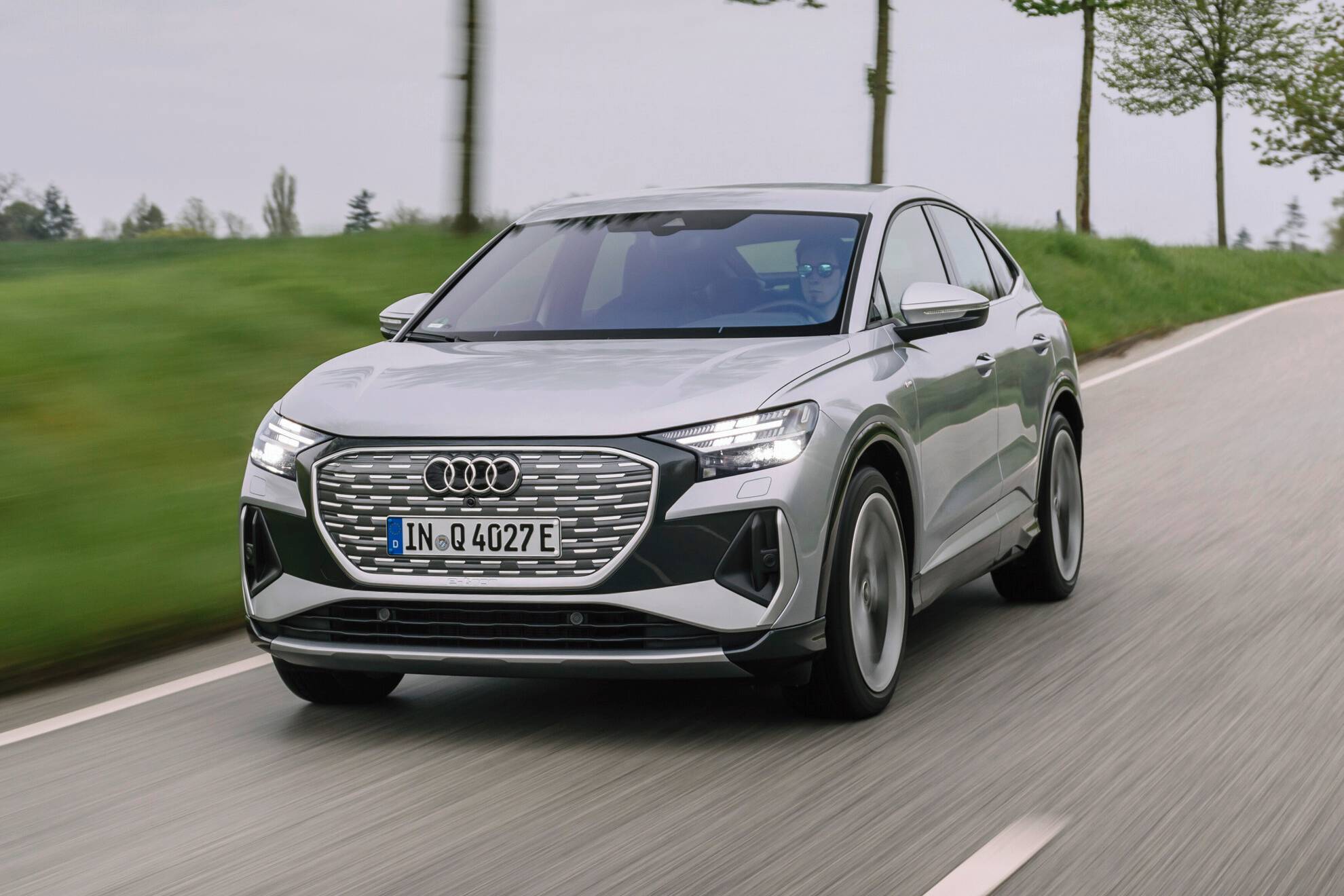AUTONEWS

Chinese electric vehicle manufacturers received at least $230.8 billion (215.3 billion euros) in government subsidies between 2009 and 2023, according to a study by the Center for Strategic and International Studies (CSIS).
The study comes shortly after the United States quadrupled customs duties on this type of vehicles to 100% and the European Commission (EC) announced additional duties of 21%, on average, following an investigation into support for Beijing to industry.
According to CSIS, some of this aid was provided in the form of sales tax exemptions. The rest is divided between national discounts for buyers, government financing for infrastructure — mainly charging points —, research and development (R&D) programs for manufacturers or vehicle purchases by government institutions.
The report noted that funding totaled around $6,740 million (€6,290 million) annually between 2009 and 2017, when the sector was “still in its embryonic phase”, before tripling between 2018 and 2020 and increasing “substantially”. again from 2021.
Scott Kennedy, a CSIS analyst specializing in China, stressed that these estimates are “very conservative,” as they do not include local policies encouraging the transition to electric vehicles, the low cost of electricity, land or credit, or the subsidies offered to other parts of the supply chain, such as mining or battery producers.
The investigator also pointed out that per-vehicle subsidies were reduced from the equivalent of $13,860 per vehicle to about $4,600, which is even lower than the $7,500 offered by Washington as part of the Inflation Reduction Act enacted in August. 2022.
Kennedy also mentioned the quality improvements made by Chinese brands: “For many years, Chinese car manufacturers have lagged far behind global pioneers in Europe, East Asia or North America. But now they have reduced this difference in cars in general and made progress in electric cars.”
If Chinese electric cars were rubbish, they wouldn’t pose a serious problem for manufacturers in the rest of the world,” noted the analyst, accusing Western car manufacturers and governments of “wasting time” and “not being aggressive enough” in their transition. .
Kennedy concluded that “Chinese trams have benefited from enormous support [in the form of] industrial policies and their quality is improving, making them attractive to national and international consumers” and that “an effective response from the US, Europe and other countries must take these two factors into account”.
Mundoquatrorodas

Nenhum comentário:
Postar um comentário